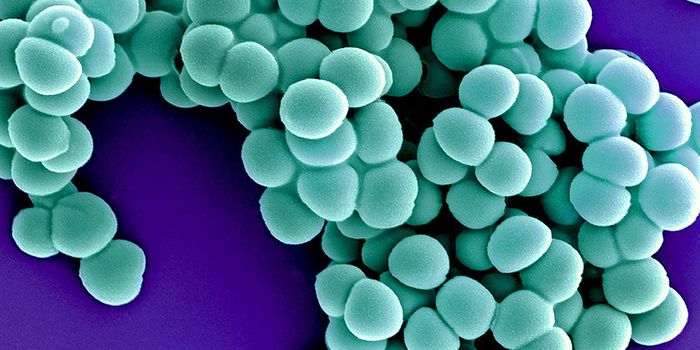The fight against dengue fever intensifies
Dengue fever is a serious and potentially life-threating illness, and remains on the World Health Organization’s list of Neglected Tropical Diseases despite the widespread infection rates. Dengue fever infections have continued to steadily climb each year, and outbreaks continue to happen throughout the world. On top of this, the number of dengue fever cases have increased by 85% from 1990 to 2019. The viruses that cause dengue fever are carried by the female Aedes aegypti mosquito, which continues to be the most deadly animal in the world, in part, because of its role in spreading dengue fever.
Current estimates show that dengue fever infects nearly 400 million people per year worldwide. And of these infections, around 96 million people show clinical symptoms which include headache, joint and muscle pain, nausea and vomiting, and high fever. However, in severe cases, dengue fever can lead to damaged blood vessels and blood clot formations, leading to brain hemorrhage, organ failure, and death.
As of today, there are no specific treatments for dengue fever. In late 2018, a dengue fever vaccine was approved for use in the European Union and later in the United States but became a point of controversy. The controversy behind the vaccine was that in some individuals, the vaccine increased the risk of disease severity in individuals who had not previously been infected by dengue fever. Moreover, there were some serious adverse side effects that were reportedly caused by the vaccine. As such, the development of an effective treatment and/or preventative vaccine is an critical step in curing the world of dengue fever.
Importantly, there has been a recent push by world governments and pharmaceutical companies to combat dengue fever. For example, the Indian government recently announced a joint collaboration between the government and the non-profit Drugs for Neglected Disease Institute. The collaboration aims to develop a drug to treat dengue fever within the next five years. Additionally, a recent report produced by DelveInsight highlighted the global dengue fever pipeline.
The report provided a comprehensive look into the work of 20+ pharmaceutical companies that are working on dengue fever therapies and vaccines. Many of the vaccines and therapies listed in the report are already in clinical trials, such as Takeda’s Dengue Vaccine TAK-003. Taken together, the work by government agencies, pharmaceutical companies, and collaborations between the two will help accelerate the drug discovery and development programs aimed at combating dengue fever. And because of this work, there is hope that we will one day see dengue fever eradicated from the world.
Sources: World Health Organization; WHO NTDs; PLoS Neglected Tropical Diseases; nature; Human Vaccines & Immunotherapeutics; NPR; Hindustan Times; DelveInsight; eLife Sciences; Takeda;








